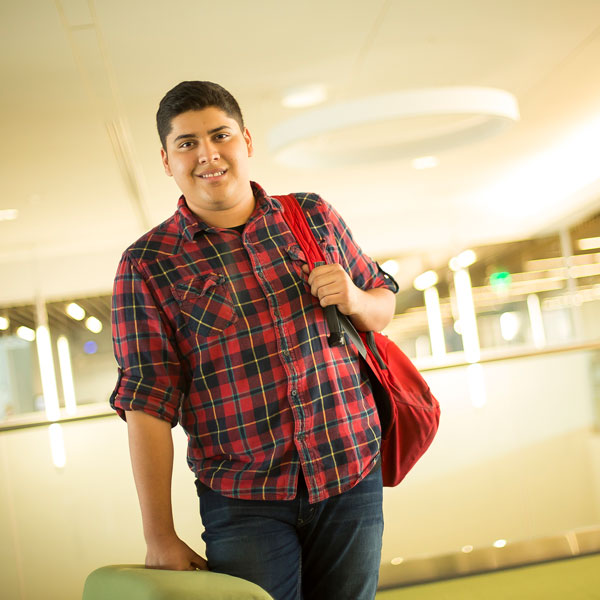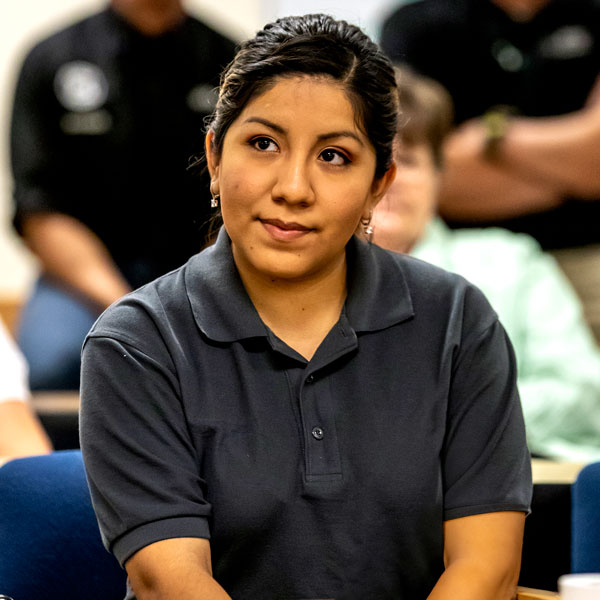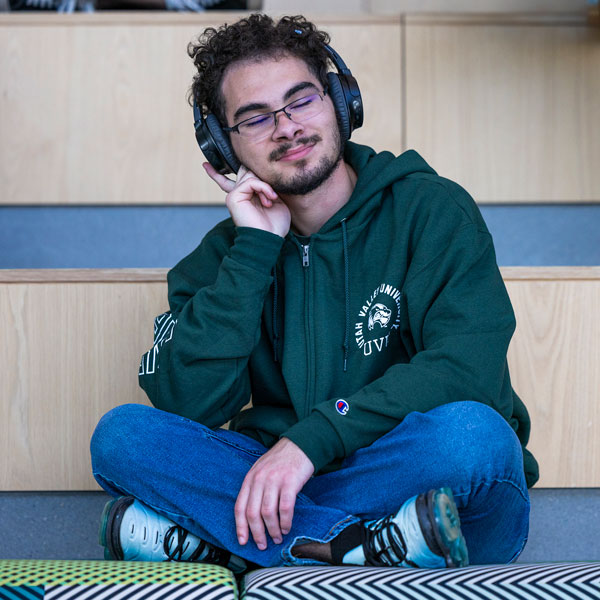



The Federal TRIO Programs (TRIO) are special programs funded by the government. Their job is to help people who might face challenges in education. TRIO focuses on three groups:
TRIO programs are funded through grants given to universities like UVU, public and private agencies, and other organizations instead of funding individual students. Across all TRIO programs, students can receive guidance and mentoring from middle school through to graduate programs after receiving a bachelor's degree. Students must meet eligibility criteria, apply for participation, and live within the service region of their TRIO program.
The trajectory of TRIO Programs is marked by gradual development. Originating from the Economic Opportunity Act of 1964, these programs have evolved over time.
The Term “TRIO”: By the late 1960s, the collective term “TRIO” emerged to encompass the three original federal programs. Over the years, TRIO Programs expanded their scope, enhancing services and reaching a broader spectrum of students in need.
These initiatives continue to play a pivotal role in promoting educational equity and opportunity. While there are more than three programs now, the name TRIO stuck and still used today.
Educational Talent Search: Created in 1965 as part of the Higher Education Act, Educational Talent Search focused on guiding students toward higher education opportunities. It acted as a compass for educational exploration.
Student Support Services: Initially known as Special Services for Disadvantaged Students, this program gained authorization through the Higher Education Amendments of 1968. Its purpose was to provide support services to students facing obstacles.
Educational Opportunity Centers: In the 1972 HEA reauthorization, Congress creates the fourth TRIO program — Educational Opportunity Centers (EOCs) — to provide counseling and information on college admissions to adults who want to enter or continue a program of postsecondary education.